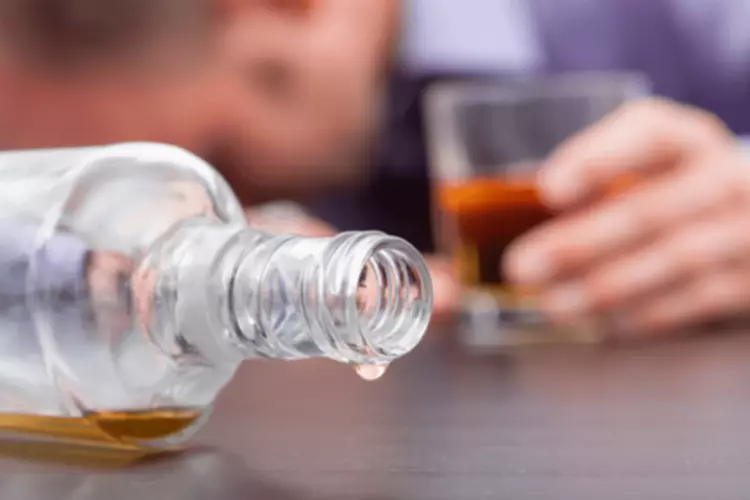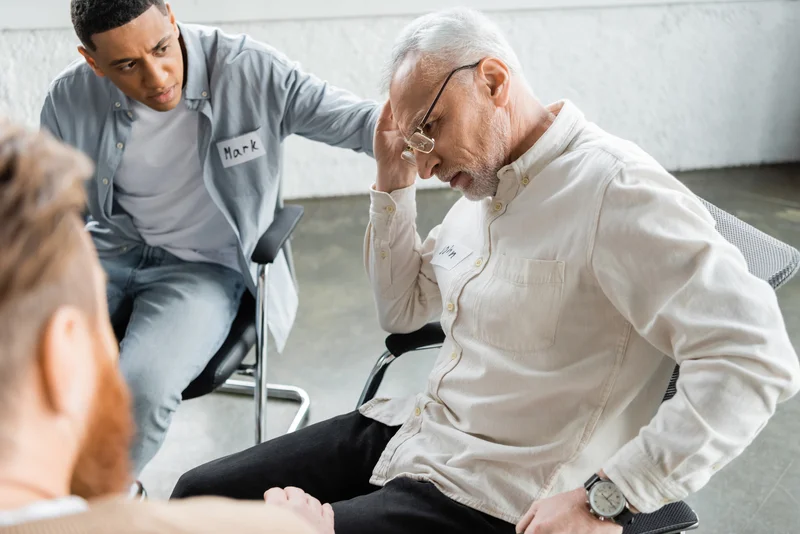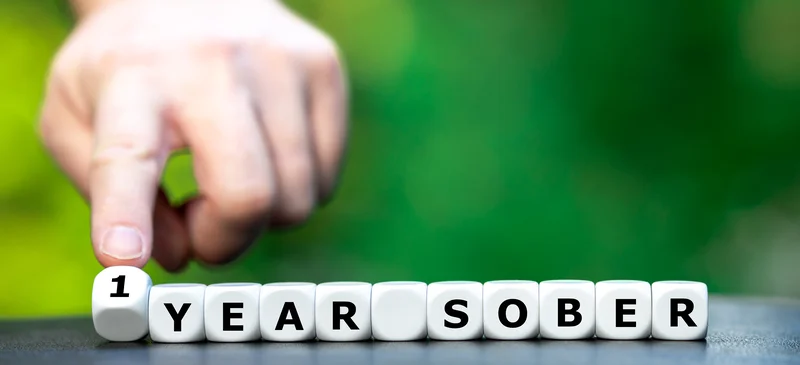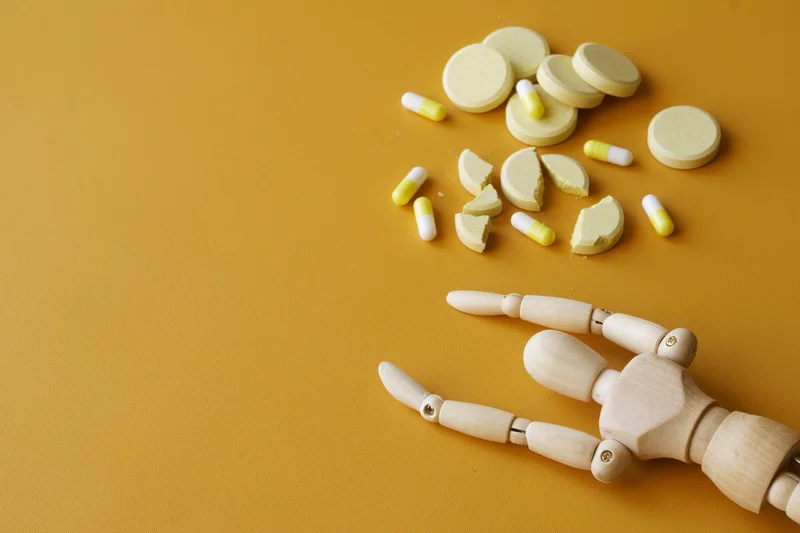
In many cases, 30 days of residential treatment and multiple months of therapy are required to prevent relapse. It means they have to try again and continue to practice healthy eating. They may need to see a doctor or nutritionist and develop a healthy diet plan. In general, you can reduce the risk of relapse by obtaining steady employment, maintaining a safe and stable home environment, attending support group meetings, practicing stress-relief techniques and finding a purpose in life. Friends and family members can recognize outward warning signs and try to intervene before a full Sober living house relapse occurs.
Why is a family-centered approach important in creating a relapse prevention plan?
Doing this will prevent them from taking positive steps in recovery. Therefore, a key aspect of recovery is identifying potential triggers and risk factors and avoiding them as much as possible. At this stage, working toward avoiding triggers or high-risk situations in which relapse could occur is critical. Therapy may focus on identifying high-risk situations and learning ways to avoid them. It may also involve normalizing occasional thoughts and relapse, and learning methods to let go of them quickly. During this stage, a person may not be thinking about using drugs or alcohol, but their emotions may be placing them in jeopardy of relapse.
Physical Pain

Clinical experience has shown that this stage usually lasts 2 to 3 years. Remember also that you cannot force someone to seek help or to change their behavior. If your loved one is unwilling to seek help or to engage in a productive dialogue, it might be necessary to take a step back and focus on your self-care.
- Make sure the people included in your plan have the necessary knowledge should you need their assistance.
- Being aware of the red flags that may signal an impending relapse is crucial so that you can take precautionary measures.
- Many different philosophies about recovery and relapse exist, often with opposing tenets, which can leave you confused about which is correct.
- You can do so by talking to non-using friends, attending a meeting, or speaking to a counselor.
- Cognitive behavioral therapy (CBT) is an important tool for preventing relapses.
- Clinical experience has shown that this stage usually lasts 2 to 3 years.
Tip: Work on your mental health.

If they relapse and use the same dose that they https://ecosoberhouse.com/article/dealing-with-peer-pressure/ used during active addiction, their risk of overdose is high. Yet, preventing a relapse isn’t always possible, regardless of the treatment you received and techniques you applied. But know that you’re not alone; relapse may occur once or several times following treatment. When they do occur, additional treatment measures should be considered. While the tips above can be helpful in minimizing the risk of a relapse, know that if it does happen, it doesn’t have to completely derail your recovery. The first step to addressing a relapse is to show yourself some grace and seek help from your support network as soon as you can.


The effectiveness of cognitive therapy in relapse prevention has been confirmed in numerous studies 11. Relapse is often a challenging and deeply misunderstood part of the journey towards recovery from addiction. It can bring about feelings of guilt, shame or frustration, but it’s crucial to understand that relapse doesn’t make you weak or a failure. It can be a valuable learning experience that can allow you to better understand your triggers and cravings, and find new ways of dealing with them. Some steps in creating a relapse prevention plan include identifying triggers, developing coping Alcohol Relapse strategies, establishing a support system, and learning relaxation techniques. Alcohol relapse is a significant concern for individuals recovering from alcohol use disorder (AUD).
- Many people who know how difficult addiction can be can develop anxiety when they think about alcohol and drug abuse.
- It’s helpful to have a relapse prevention plan that considers these triggers, with specifically identified strategies to address them.
- Enhanced voluntary alcohol drinking in dependent mice produced brain alcohol concentrations similar to those achieved during the chronic alcohol exposure that initially rendered the animals dependent.
- It helps them to know that there is usually only a small percent of their lives that needs to be changed.
- Support groups (e.g., SMART Recovery) offer non-spiritual, science-based tools for relapse prevention.
- Lapses and relapses are common for those battling a substance use disorder.
- If a person returns to their old drinking habits, they may find it difficult to escape from them again.
In conclusion, understanding and managing relapse triggers are crucial elements of a successful addiction recovery journey from relapse. Remember, the road to recovery may be challenging, but with dedication, perseverance, and the right tools, you can overcome these obstacles and build a brighter future. If you recognize the early warning signs of emotional or mental relapse and understand the symptoms and preventative strategies to turn your path around, you’ll be able to catch yourself before it’s too late. Help is out there, whether you’ve reached physical relapse or not.
Scan the QR code to get started!
Third, the main tools of relapse prevention are cognitive therapy and mind-body relaxation, which change negative thinking and develop healthy coping skills 3. Fourth, most relapses can be explained in terms of a few basic rules 4. Educating clients in these few rules can help them focus on what is important.
How to deal with relapse

When stress levels rise, the brain’s prefrontal cortex, responsible for cognitive control and stress regulation, is inhibited, making it harder to manage impulses and make informed decisions. If your loved is willing to talk about relapsing, encourage them to connect with a therapist or addiction counselor. They may also find some benefit from attending peer support group meetings. Here are some actionable pointers to show you what to do and what to say to an alcoholic who has relapsed. If you feel you need immediate help, please reach out to an alcohol support line.
Clinical and Research Consequences
These IOP programs combine group therapy, individual counseling, and relapse prevention planning, often incorporating CBT principles. IOPs are ideal for individuals transitioning from inpatient care or those needing more support than standard outpatient services. Having a comprehensive treatment plan that includes relapse prevention is important since recovery doesn’t end when you leave your substance use treatment program. Together with a licensed professional, you will develop a treatment plan that is individualized to your needs and is monitored throughout your time in treatment. Risk factors for relapse can be psychological, social, environmental, internal, and behavioral.
